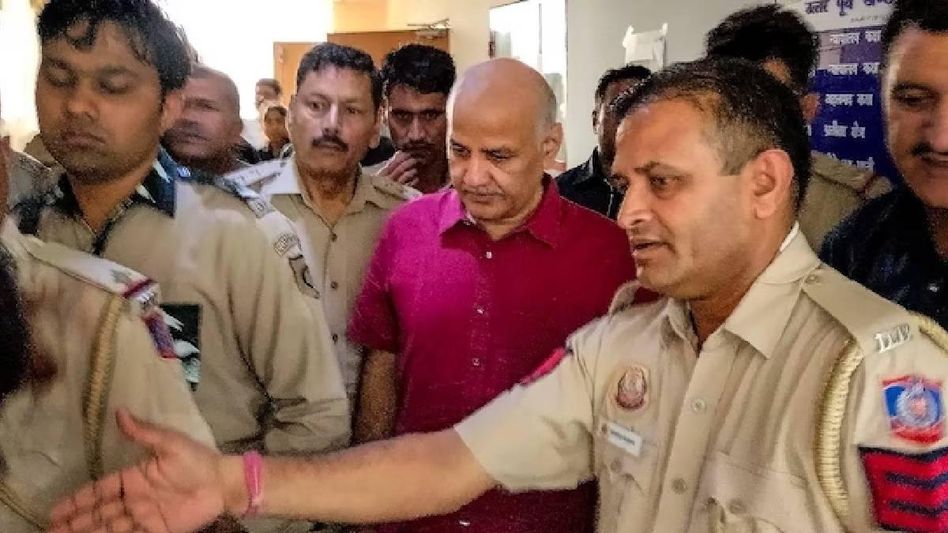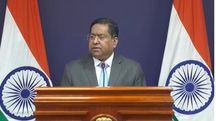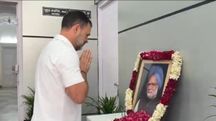Manish Sisodia denied bail in money laundering and corruption case
Manish Sisodia, a well-known Indian politician, has been denied bail in a case concerning corruption and money laundering. Further details on the court proceedings have not yet been disclosed.
 Manish Sisodia denied bail in money laundering and corruption case
Manish Sisodia denied bail in money laundering and corruption caseThe Supreme Court of India on October 30 dismissed the bail pleas of Aam Aadmi Party (AAP) leader Manish Sisodia in connection with a high-profile money laundering and corruption case related to the Delhi excise policy.
The Supreme Court's decision to deny bail to Manish Sisodia was attributed to the serious charge of criminal conspiracy, allegedly aimed at benefiting private parties involved in the Delhi excise policy. The chargesheet against Sisodia, filed under the Prevention of Corruption Act, 1988, outlines allegations of unlawful gains made by private individuals at the expense of the public exchequer. This includes references to sections 7, 7A, 8, and 12 of the PoC Act.
The court, in rejecting the bail pleas filed by the AAP leader, emphasized that the allegation that 7 percent of the substantial sum of Rs. 338 crore was earned by wholesale distributors and cannot be contested. The court's order further stated, "The new excise policy was meant to give windfall gains to a select few wholesale distributors, who, in turn, had agreed to give kickbacks and bribes."
However, the Supreme Court noted that the assertion regarding the alleged payment of Rs. 2.2 crore as a bribe to Sisodia by Amit Arora, through middleman Dinesh Arora, was not a charge or an allegation made in the CBI's chargesheet. The court found it challenging to categorize this alleged payment as the "proceeds of a crime" under the Prevention of Money Laundering Act.
The case revolves around the alteration of the liquor policy in Delhi, where the Central Bureau of Investigation (CBI) alleged that the existing policy was changed to favor private players by increasing their commission from 5 percent under the old policy to 12 percent under the new policy.
The Supreme Court did, however, provide some leeway for Manish Sisodia. It stated that Sisodia could file another bail application within the next three months if the legal proceedings advance at a "snail's pace." Additionally, he may also submit an application for interim bail in case of ill health or a medical emergency involving his wife.
The Delhi liquor policy, which was initially implemented by the Delhi government on November 17, 2021, stirred controversy and was ultimately scrapped at the end of September 2022 due to allegations of corruption, adding to the complexity of the legal battle faced by Manish Sisodia.
Copyright©2025 Living Media India Limited. For reprint rights: Syndications Today









